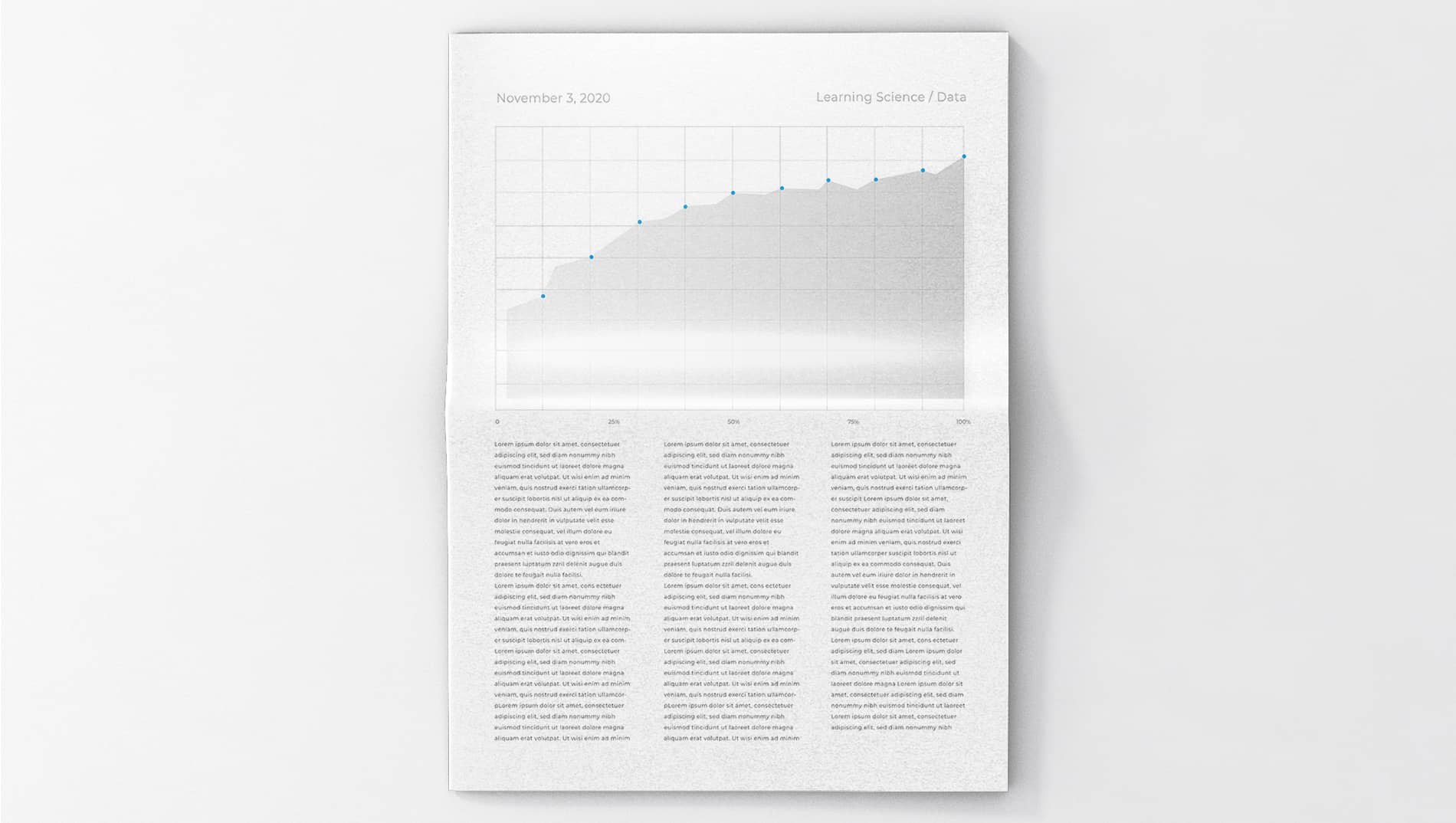How To Use Q-banks In Your Exam Prep
Whether you are preparing for a licensure exam like USMLE or COMLEX, an in-training exam like the ABSITE or CREOG, or specialty exams like NCLEX or NPTE, qbanks can be one of the most valuable ways for you to prepare.
Practice questions can help identify knowledge gaps, improve time management skills, familiarize you with the exam format, and boost your confidence. So what is the best way to use question banks in your exam prep?
Start Using Question Banks Months in Advance of Your Exam
Studies have shown that retrieval practice (use of practice questions) produces greater gains than traditional studying. Start your prep by taking 30 questions three times a week, while working up to 25-50 questions daily in the days just before your exam. This will help you retain information more effectively leading up to exam day.
If you’re preparing for the USMLE or COMLEX, we suggest that you start utilizing qbanks at least 6 months in advance. In-training exam takers should start using qbanks at least 3-4 months in advance, and we suggest the same for those taking a specialty licensing exam.
Maintain a Steady Level of Practice Questions Each Day
Let’s preface this by stating that every exam has different stakes. Licensure exams like the USMLE (especially Step 1) can dictate your entire career path, while some in-training exams are seen more as a measuring stick of your knowledge through residency.
Regardless of the stakes, cramming is a bad idea. Marathon runners don’t start their training a week before their race, they start months in advance to build their stamina and increase their performance.
High stakes exams require a similar approach. First, you need to determine what score you are aiming for, evaluate where you are likely to score today and come up with a plan to get you to where you want to be.
It’s critical that you pace yourself. You shouldn’t attempt to take as many questions as you can each day. Yes, you are preparing for an exam, but you’re also trying to improve your knowledge and reasoning skills.
Focus on Understanding the Correct Answer
As mentioned above, you need to be able to absorb the information presented to you so you increase your knowledge and critical thinking skills. At the end of the day, this isn’t just about passing an exam, but increasing the quality and accuracy of patient care.
As you take practice questions make sure you don’t rush through your results, but rather take the time to review question explanations. These explanations are critically important and will give you insight into why each answer choice was correct, incorrect, or insignificant. It’s not only important to know why you got a question wrong, but also why you got a question right! Knowing this level of detail will help you make better informed decisions in the future.
Study the categories you struggled with and go back and retake questions you missed. Reinforcing the information and enhancing recall is accomplished through remediation.
Take Notes throughout Your Test Prep
As you are working your way through a question bank, we suggest you take notes on the content you have been exposed to. Notes will prove to be invaluable as you wrap up your studying. We suggest taking notes all throughout your test prep and revisiting them in the weeks immediately before your exam.
Challenge Yourself with Different Testing Modes
When you start off your prep, you’ll most likely start off in ‘tutor mode’ and take your time through questions and immediately see their explanations. And that’s exactly what we suggest. Tutor mode gives you the answer immediately after the question.
However, as you progress, you’re going to want to transition over to a timed mode. Your exam will be timed, so these modes will apply the same constraints you will have on exam day.
Our research has shown higher performers tend to simulate their exam more than under performers. Simulating the exam helps to challenge yourself as it applies the same time constraints as the actual exam, all while distributing questions that follow the exact exam blueprint.
Use All the Features in Question Banks
- Analytics – A good question bank will provide reports on your category performance so you can evaluate your strengths and weaknesses. This will help you identify where to spend more of your time studying.
- Thorough rationales – A good question bank will give you rationales on every single question option and explain why that option was right or wrong. This information is invaluable in your studies.
- Customizable practice tests – It is important to test yourself on areas that you are currently studying. If you’re currently studying the immune system and keep getting cardiovascular questions, that isn’t very helpful!
- Progress tracking – You should be able to track your progress to help identify if your study efforts are producing the desired results. A good question bank will do that as well as track where you stand in comparison to the nation in real-time and depict your projected score on your exam.
- Mobile app – Students are busy and can’t always chisel out time to sit at their laptop to work on practice questions. You may only have time in between classes or on the treadmill at the gym. A mobile app is a crucial feature in any good question bank.
Access Your TrueLearn SmartBank
When using Q-banks correctly, they can be one of your most valuable study tools. Log into your TrueLearn account to access your Q-banks now. Don’t have an account? Learn more about our subscription services.
